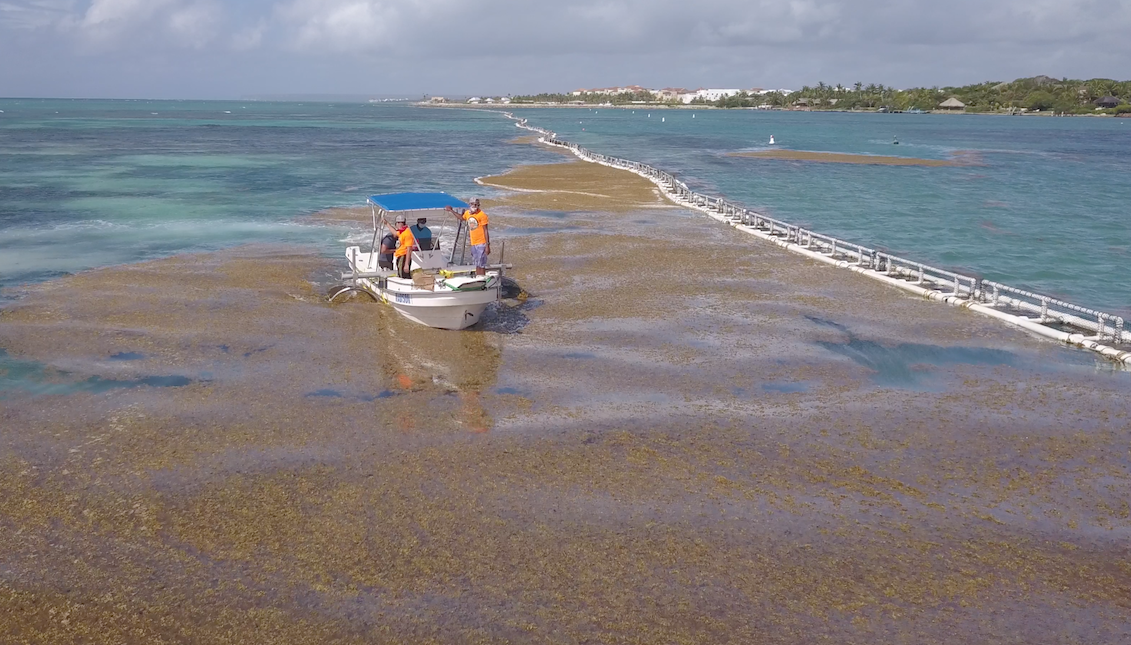
Losing our history
La Milagrosa, the mother church of Latino Catholics in Philadelphia, is to be sold
The Archdiocese of Philadelphia announced Sept. 28 that the Congregation of the Mission, the Vincentian order, has decided to sell La Milagrosa chapel on 1903 Spring Garden Street.
The chapel has been called the "Plymouth Rock for Hispanic laity in Philadelphia," and like that rock of secular history, its significance to religious pilgrims, is unfathomably deep.
But this Plymouth Rock is for sale, and the Archdiocese says it cannot afford to purchase it. From the financials it has released and its recent sale of large real estate holdings, there is no reason to disbelieve them.
But it is a grievous loss for the community.
For a number of months at Al Dia we've been working on a photographic history of Latinos in Philadelphia. Many of the photos from 1940s through the 1980s give testimony to the central role La Milagrosa played in the development of the Latino community. From St. John the Baptist feast day parades that saw the length of Spring Garden Street filled with decorated cars, Puerto Rican flags and participants dressed in finery, to packed courses of "Cursillos," to the first social services made available to Hispanics, La Milagrosa was part.
As subsequent generations of Puerto Ricans came to the city, their first and most important landing place was the modest chapel with its welcoming and warm parish family. Like all parishes, as families grew, some members moved to different neighborhoods and became part of other vibrant parishes. But the ties to La Milagrosa were never severed, as evidenced by last year's 100th anniversary events, which brought hundreds of old and current parishioners together for what felt like gatherings of a large and ebullient extended family.
The loss of La Milagrosa is, arguably, an even more grievous loss — in the long term — for the Archdiocese. Because, while we stand to lose our history, the Archdiocese stands to lose its future.
Archbishop Charles Chaput has indicated that La Milagrosa parishioners will be welcomed at the Cathedral Basilica of SS. Peter and Paul, the parish of which La Milagrosa is ostensibly part already. Parish congregations are supposed to be like families, and La Milagrosa's has been a happy family living in a small but charming house right in the neighborhood. The Cathedral congregation may also, technically, be part of the same parish family, but it's more like the home of very distant cousins you see once a year, who live in the toniest section of town. Sure, when you're down and out they'll let you stay in a room out of some sense of noblesse oblige — but it isn't your home, they don't like the music you play, and they don't speak your language.
The Archdiocese has committed to celebrating one weekly Spanish-language Mass at the Cathedral for Milagrosa parishioners, but that is hardly equivalent to the two Sunday Masses celebrated currently, along with the ones that take place three mornings a week and on the first Friday of every month at the chapel.
If it were the first or only diminution impacting Latinos perhaps it wouldn't sting so much, but it's not. It is the last in a series of serious cuts that have devastated morale and left many Latino Catholics angry and puzzled.
While the Latino population of the city has boomed — increasing 45.5 percent between the 2000 and 2010 census — the Archdiocese has steadily made itself less available to the city's Latino community, the majority of whom are Catholic. For a long time, archdiocesan representatives were at the forefront of prayer vigils and immigration reform events. They advocated for parishioners whose familes were threatened by deportation. They were, in those days, the first recourse of many who needed succor.
Then, in 2010, the Archdiocese pulled out of the Cardinal Bevilacqua Community Center — a vital hub of the Kensington Latino community. In 2011, they eliminated the position of Vicar for Hispanic Catholics. In June of this year, they closed the Catholic Institute for Evangelization which, in addition to being a site for archdiocesan programs and outreach in the North Philadelphia Latino community, hosted a number of outside organizations and initiatives. At the same time, the Hispanic ministry teams that worked closely with the Mexican communities in South Philadelphia and Bensalem (Bucks County) were eliminated.
The only tangible investment in the community Latino Catholics have seen from their Archdiocese in the past years was the opening of its National Hispanic Parish, St. Rocco in Avondale. But even this is bittersweet. The church is in suburban Chester County.
A number of months ago, when we at Al Dia noticed that the archdiocesan newspaper was no longer running Spanish-language content, we offered to run Archbishop Chaput's columns in Spanish on our web site and put the column into monthly rotation on the opinion page of our newspaper. We did this not because we are all Catholics — some of us are, some of us aren't — but because we know that to our community the words and actions of the Philadelphia Church are important. After some preliminary emails, we haven't heard back.
We understand that the local Church is dealing with big issues: financial shortfalls; the lingering effects of the clergy sexual abuse crisis, and a nationally-waged campaign to ensure that religious freedom is on everyone's lips. But from where we stand what we see is that the fastest growing community within the Church (68 percent of Latinos are Catholic and a third of all Catholics are Latino), our city and our nation, has been shunted aside, if not abandoned. We call on the leaders of the local Church to think about ways to keep La Milagrosa open — as a witness to how, at one time, the Church walked with us and responded to our community's needs. We ask them to expend at least as much effort in trying to find a solution to this impending loss as they did after the closure of the four archdiocesan high schools was announced.
At Al Dia, we stand squarely with those who "do not go gentle into that good night" — good men and women who are raising their voices to save La Milagrosa. They're meeting with members of the Archdiocese on Sunday. After that, we'll let you know whether the past is prologue, or if it becomes elegy.









DEJE UN COMENTARIO: